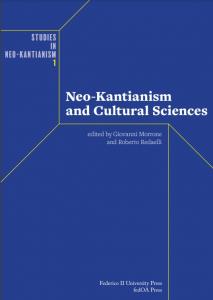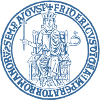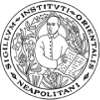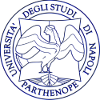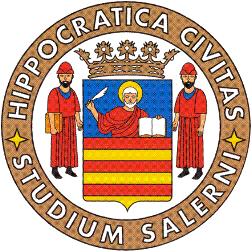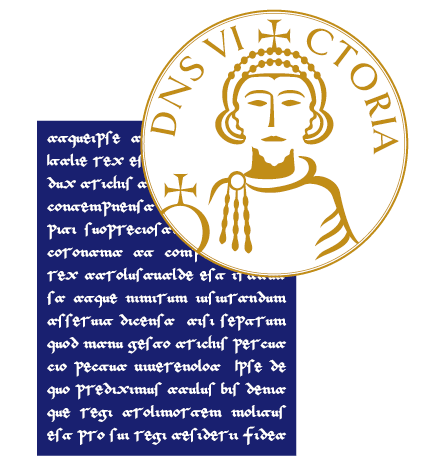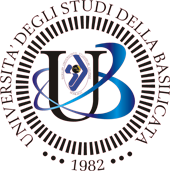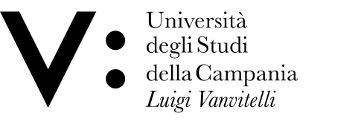Neo-Kantianism and Cultural Sciences
Keywords:
Neo-Kantianism, Philosophy of Culture, History of Philosophy, Theoretical Philosophy, Culture & NatureSynopsis

Publisher: FedOA Press - Federico II Open Access University Press
Series: Studies in Neo-Kantianism
Pages: 425
Language: Italiano; Inglese; Tedesco
NBN: http://nbn.depositolegale.it/resolver.pl?nbn=urn:nbn:it:unina-28837
Abstract: This volume aims to investigate, from both a historiographical and theoretical point of view, the peculiar relationship that was established between the various neo-Kantian schools of thought and other disciplines which in the late 19th and early 20th century were grouped under the name of cultural sciences or Geisteswissenschaften. In fact, Neo-Kantianism played a leading role in the formation of the German philosophical and cultural scenario of the 20th century, becoming on the one hand an inexhaustible source of ideas and methods for the so-called Kulturwissenschaften, and on the other hand embracing within its multifaceted development several crucial issues brought forward by these sciences. This volume attempts to circumscribe the vast issues by conducting historical-problematic incursions into and around certain scholars and central problems of the Neo-Kantian constellation. The themes addressed in the essays concern the systematic frameworks of neo-Kantian methodology and their reflections in multiple disciplinary applications, from jurisprudence to linguistics, from aesthetics to philosophical historiography, from sociology to psychology. Finally, there are also contributions that attempt to isolate the ultimate philosophical grounds of Neo-Kantian thinking on Kultur
Downloads
